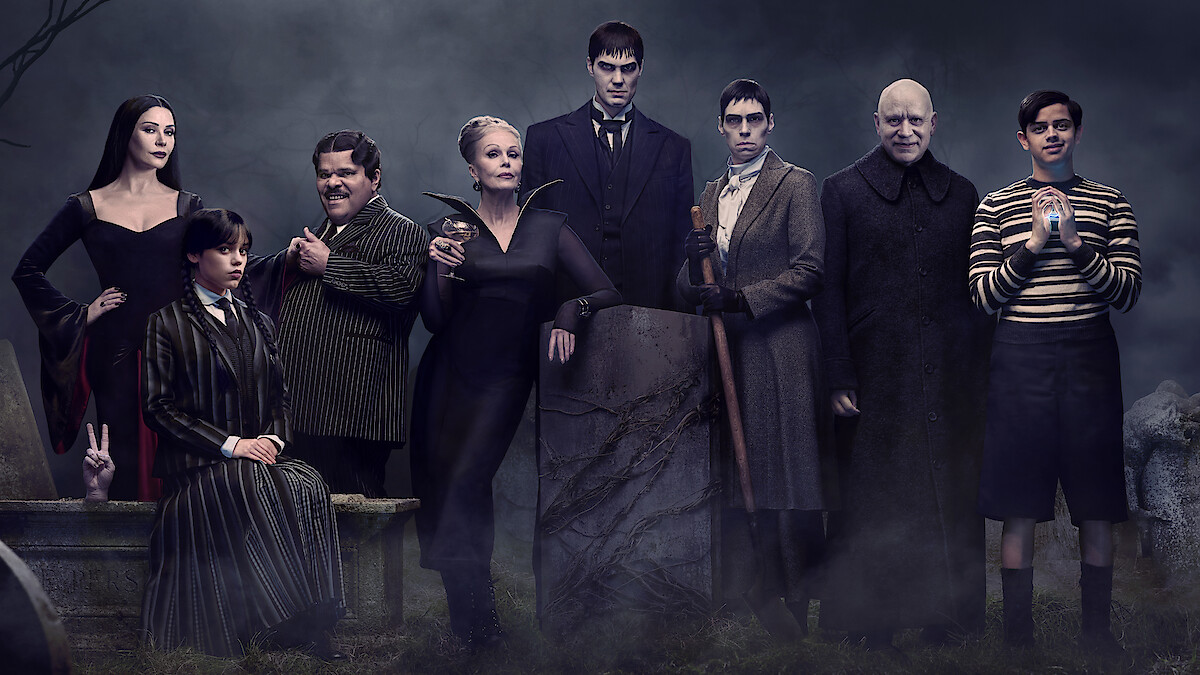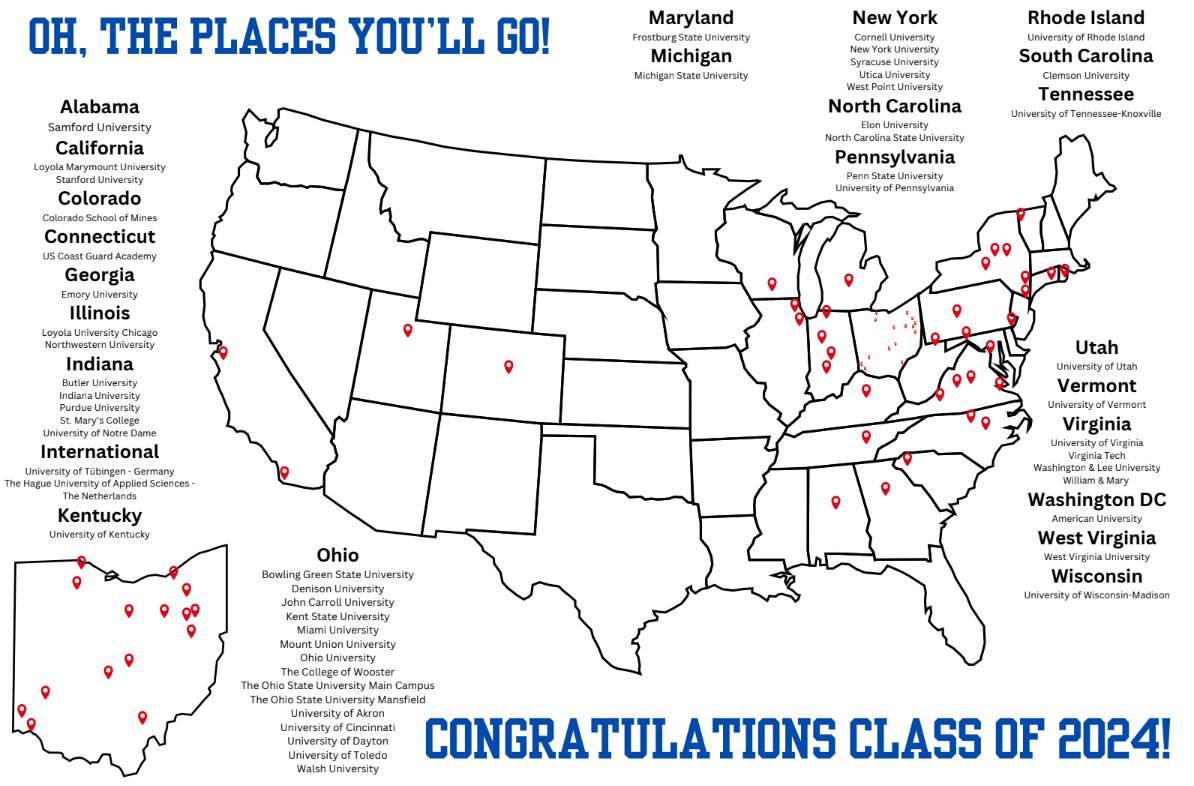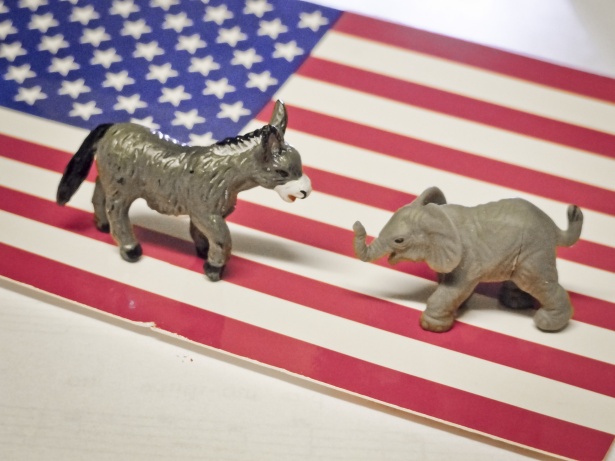According to Gallup, more than 62% of Americans think the United States needs a third party. This percentage is higher than the percentage who voted for Biden or Trump in the past election.
Democracy is based on the representation of society’s interests. However, in the United States, the electoral system promotes the existence of a two-party system that leaves a large part of the population without real representation. If you do not vote for either of the two major parties, your voice will not be represented in the parliaments.
Currently, there are only two major parties with a chance of governing, the Democratic Party and the Republican Party, and this has serious consequences for American democracy.
To begin with, the two-party system encourages polarization and political division. In a two-party system, politicians must present themselves to the voters with more extreme positions in order to mobilize their base and differentiate themselves from their political rivals. This leads to a situation where voters are forced to choose between two extreme options instead of having a wider range of moderate political options. This leads to a lack of dialogue and the perpetuation of divisions in society. In addition, it creates a monopoly environment where politicians from both parties unite to preserve their personal interests.
Another problem with the two-party system is that a minority of voters can win an election. In presidential elections, for example, the candidate who wins the Electoral College does not necessarily win the popular vote. This has led to situations where a candidate has won the presidency despite losing the popular vote. This is not only a problem for voter representation, but also a threat to the stability of the political system as a whole. If a candidate loses but has all 270 Electoral College votes, the presidential candidate will have won.
Finally, the two-party system effectively marginalizes minority parties from the political process. Voters who identify with minority parties or who hold political views outside of the two major parties have no real voice in American politics. In the current two-party system, third parties only serve to detract votes from one with a chance of winning. This means that the policies and decisions made by elected governments do not necessarily reflect the interests and opinions of society as a whole. The majority of Americans feel “obliged” to choose the option that is least distant from their ideas, even if the party to which they give their trust does not represent them. In other words, the current electoral system does not represent the voice of the American people because it is not even heard. Voters are forced to choose between two parties and all those who vote for a third force will have thrown their vote away.
To solve these problems, U.S. election law needs to be changed to allow more than two parties. There are several proposals on how the electoral system could be reformed to fairly reflect the will of the citizens. Former Democrat Andrew Yang criticized the Democratic-Republican duopoly and gave the example of the multiparty system in European countries. In this way, the U.S. parliament would have more parties reaching agreements with each other to govern. “The first step to a multiparty system would be to abolish uninominal constituencies and adopt multi-member constituencies with proportional representation,” Prof. Lee explains. In the United States, each district can only have one winner, so other candidates, potentially from other parties, would be left out. “With uninominal constituencies, you have the logic of the ‘wasted vote’: third party supporters would rather vote for the lesser evil, rather than ‘waste’ their vote on a sure loser. In presidential elections, the winner-take-all system of electoral votes has a similar effect,” says Lee.
Recent history has provided very few examples of congressmen who were neither Democrats nor Republicans. Since 1961, only six congressional independents have passed through the House of Representatives: four of them, moreover, became independents after winning elections as Democrats or Republicans. Six in 60 years. The House has 435 members.
In conclusion, the vast majority of voters want to have more choices to vote for in elections. And no, it is not now forbidden to vote for other parties, but the two-party system only allows either Democrats or Republicans to win. These parties have been radicalized in recent years to try to attract as many votes as possible in order to win elections. However, the majority of Americans do not want to have to choose between the right or the left, they want a centrist option to which they can give their trust. If we do not change the electoral legislation, the two parties will continue to radicalize because they know that citizens have no other options to vote for.

























